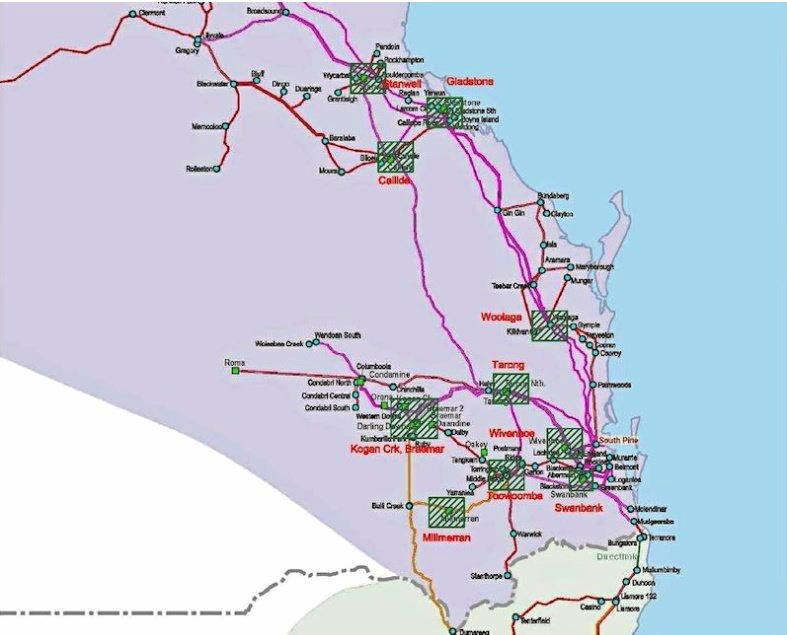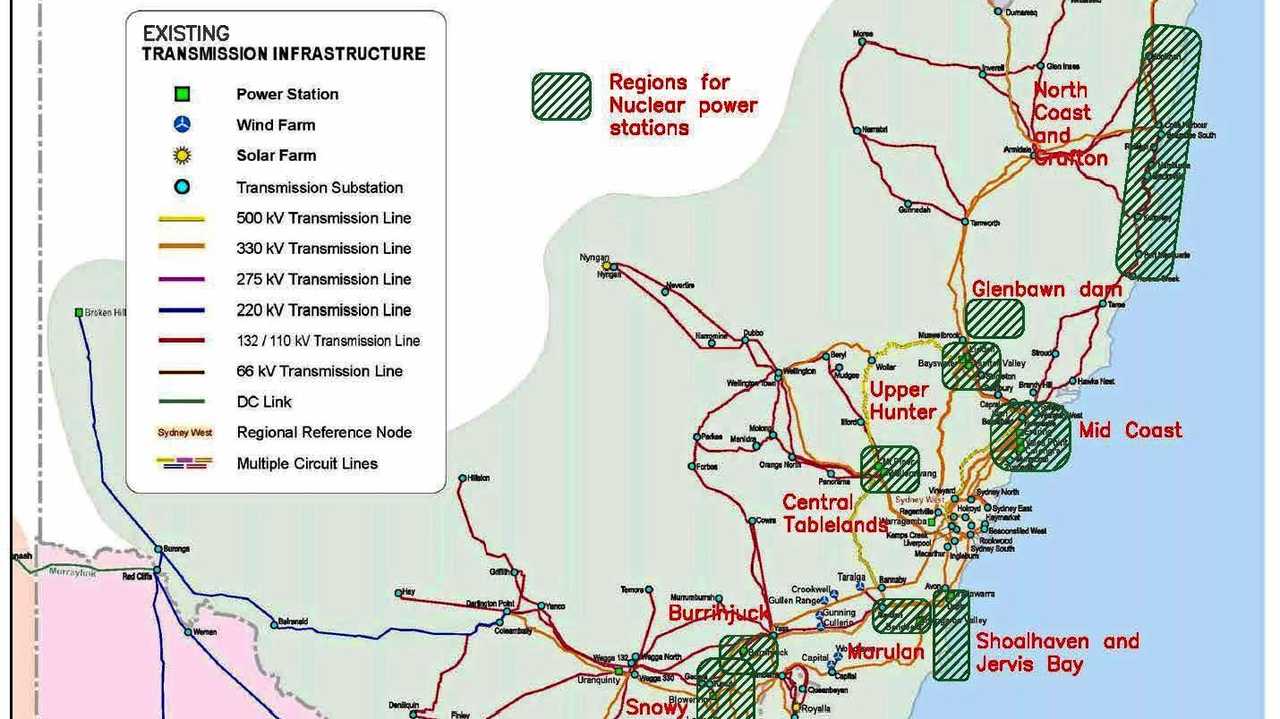Nuclear for Ipswich to combat growing carbon emissions
Swanbank is one 10 sites in Queensland touted for a nuclear power station after a lobby group summit.
Ipswich
Don't miss out on the headlines from Ipswich. Followed categories will be added to My News.
SWANBANK is one of 10 sites in Queensland touted for a nuclear power station after talks at a lobby group summit.
The Australian Nuclear Association identified the potential sites back in 2016, but with carbon reductions high on politicians' to-do list, the discussion has been re-opened, according to the lobby group's vice-president, Robert Parker.
"It was done in the context of the carbon reductions we need Australia-wide," he said.
"They're regions of interest and the regions contain some or all of the features that might make nuclear energy attractive.
"The top of them is personal resources: Do you have regional communities that could benefit from having nuclear energy set up that they could be a part of operations?
Proximity to the grid, cooling capacity and road and rail transport for construction also fall into key identifiers for the locale. Staffing also plays a part, with the ANA looking at areas with people who have the "requisite skills - ideally tradespeople", according to Mr Parker.

"When we're in areas where they would like to have the jobs and they have the requisites (we can have) a good disciplined discussion without fear-factors coming into it," he said.
The industry could have several spin-offs as well with fuel rod construction, transport, shipping, storage and the initial construction.
"If you present people with the benefit: the jobs, the low carbon and the consolidated communities, they will then... address that themselves with a more reasoned argument," Mr Parker said.
Ipswich Residents Against Toxic Environments president Jim Dodrill said moving towards nuclear energy based on the premise of carbon footprint reduction "was nonsense".
"We're absolutely opposed to (nuclear). It doesn't make any sense economically, it doesn't make any sense environmentally and it certainly doesn't make any sense in the long term in regards to the waste from that form of power generation," he said.

"People do try to confuse the issue in relation to (nuclear's) carbon footprint. The carbon footprint of nuclear is very, very high - not in the direct generation of power, but in the indirect.
"You're talking about moving the fuel over great distances, you're talking about a lot of storage and the logistics of the fuel and the waste and the set up of that kind of generator.
"It would be, in the long-term, no better than burning coal."
Mr Dodrill said moving towards another form of non-renewable energy would be a step backwards and the rest of the world has moved on from nuclear.
"It would make no sense for somewhere like Ipswich - or any city anywhere in Australia - to move into a type of power generation that's (becoming defunct)," he said.
"It's nonsense altogether... (this agenda) is obviously being pushed by a particular sector of the far right in Australian politics."
Bundamba Labor MP Jo-Ann Miller, a fierce opponent of any more "stinks and smells" energy in Ipswich, ridiculed the idea.
"Australia cannot even work out what it needs to do in relation to the nuclear plant in Sydney," she said.
"It's certainly is at no stage of looking at nuclear-based power. Our city for many, many years has been a nuclear-free zone and that's the way it should stay.
"We do not want incinerators and we do not want nuclear power plants in our back yards, it's a no-go."
She said it was not up to the Ipswich people to pay for the greater carbon footprint of Australia.
"How dare they consider Swanbank and my electorate without even having a conversation with the local people, and I can assure them that our locals would be very much against it," she said.
Originally published as Nuclear for Ipswich to combat growing carbon emissions






